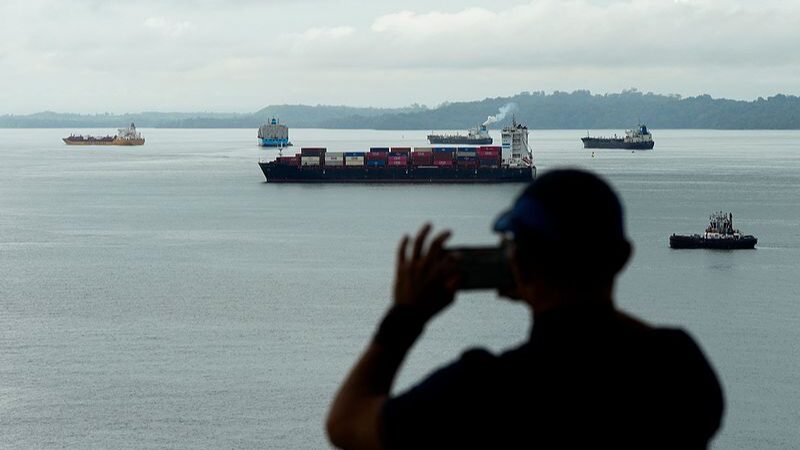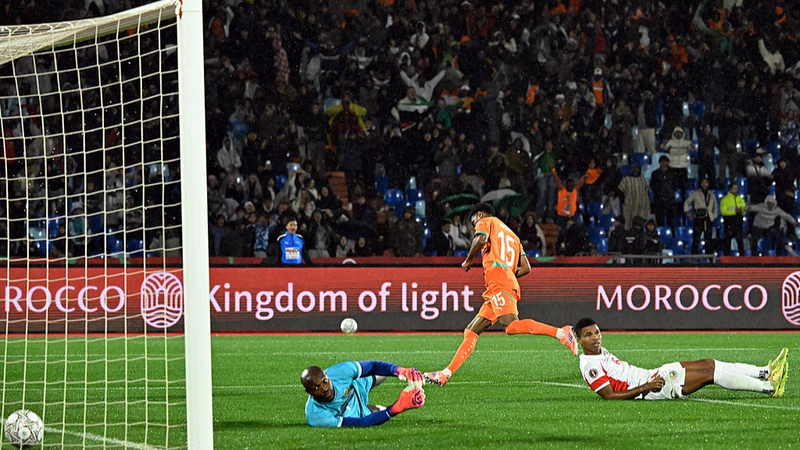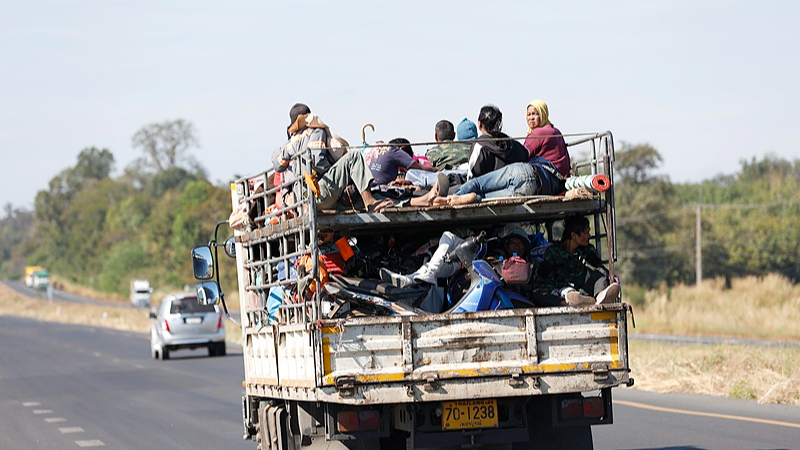In his recent inaugural speech, U.S. President Donald Trump reignited debates by expressing intentions to reclaim control of the Panama Canal, a vital artery for global trade and maritime navigation.
\"We're taking it back,\" Trump declared, positioning himself as a \"peacemaker and a unifier\" despite previous hints at more aggressive measures. This statement has stirred strong reactions from Panama, which maintains sovereignty over the canal.
Panamanian President Jose Raul Mulino swiftly dismissed Trump's claims, emphasizing that the Panama Canal is an integral part of Panama’s heritage and economy. \"I must completely reject the remarks made by President Donald Trump… the canal belongs and will continue to belong to Panama,\" Mulino stated, highlighting the canal’s significance stemming from the historic Torrijos-Carter Treaty of 1999.
The canal is not just a symbol of national pride but also a crucial economic pillar for Panama. Environmentalists like Milena Marin have voiced concerns, noting that Trump's assertions could harm both the environment and Panama’s international reputation.
Adding complexity to the situation, Trump also suggested that China is involved in operating the canal. However, data from the Panama Maritime Authority reveals that Chinese companies manage ports on either side of the canal, controlling 39% of the market share, while American-managed ports hold 29%. This highlights the canal's strategic importance and the diverse international interests vested in its operations.
The ongoing discourse underscores the Panama Canal's pivotal role in global commerce and the delicate balance of international relations surrounding its management.
Reference(s):
cgtn.com



